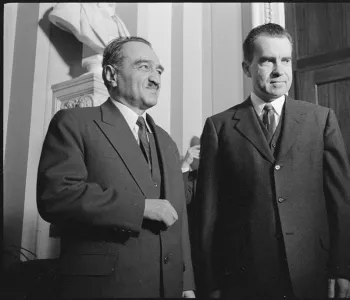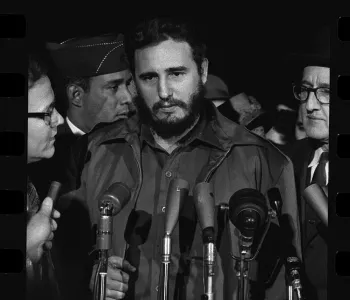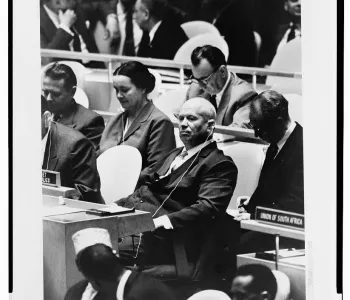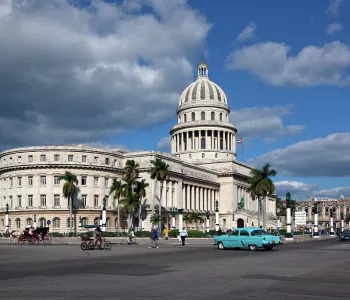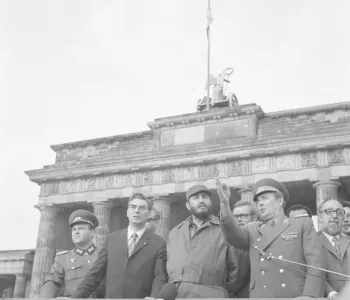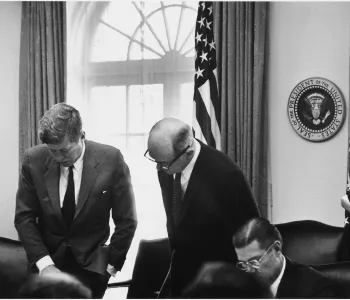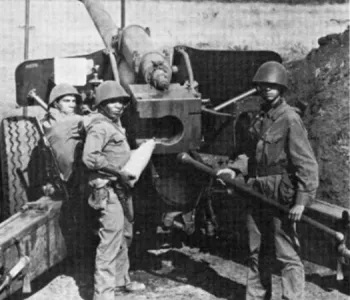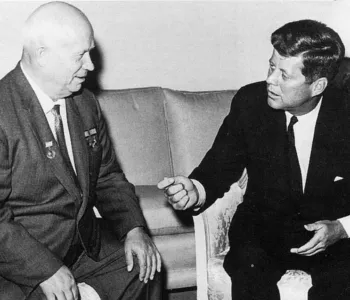Ambassador János Beck reports on Foreign Minister Péter Mód’s visit to Cuba, and with whom he met. The report is divided among four different official meetings: Foreign Minister Raul Roa, Prime Minister Fidel Castro, Carlos Rafael Rodriguez, and the Integrated Revolutionary Organizations (ORI). Beck summarizes each meeting separately. Topics include Cuba’s expectation of a US invasion and the US’s current clandestine activities, Organization of American States (OAS) and its use as a political tool in US-Latin American relations, Sino-Soviet relations, socialist unity and the importance of Soviet trade, Cuba’s perceived Soviet military advantage over the US, and the Communist Party’s development/popularity in Cuba. Many of these topics appear in various meetings outlined in the report.

